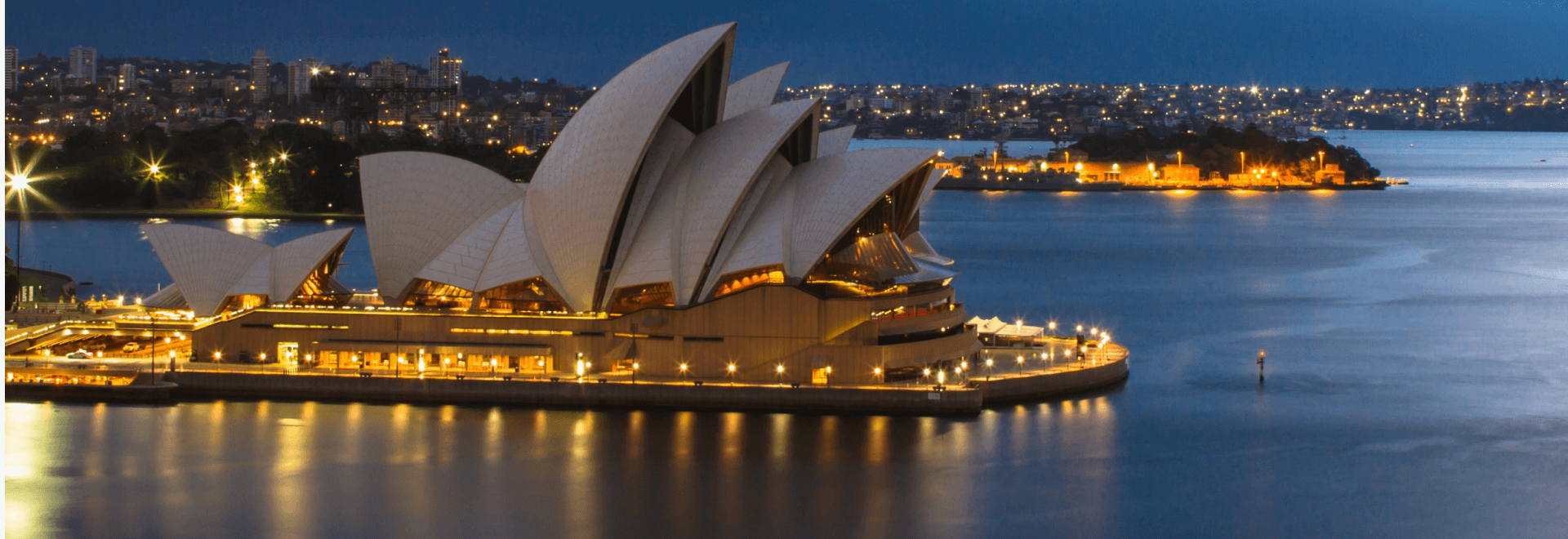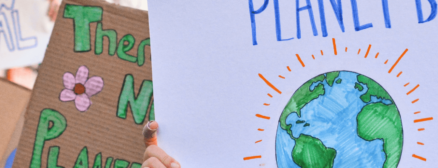Facebook and Australia – what’s going on?
Social media networks are facing increasing scrutiny these days. Mass misinformation campaigns caused terrorist attacks and worsened the ongoing COVID-19 pandemic. In response, national governments are passing legislation aimed at curbing the influence of platforms such as Facebook or Twitter.
We were shocked earlier this week by a particular bit of news: Facebook leaving Australia. For almost a week, users in Australia were not able to interact with news stories whatsoever.
What happened? Why Australia in particular? We’ll do our best to explain.
The relationship between Facebook and news media
Like we said earlier, countries around the world are introducing legislation to regulate tech giants and the way they’re allowed to operate.
In the case of Australia, a bill has been introduced that would regulate tech giants’ relationships with news organisations. Currently, news content gets shared on social media without any restrictions – with news publishers not receiving any licensing compensation for their content.
This, of course, contributes to the massive problem facing publishers. After all, revenues are down, because people get their news for free in Google search results and on their Facebook feed. This, in turn, requires publishers to introduce paywalls, forcing readers to pay for news that would otherwise be free.
Meanwhile, social networks that were originally supposed to connect us to our friends shifted dramatically. For many, they became their primary source of news content, even though they don’t produce news themselves. Furthermore, recommendation algorithms on those platforms can’t distinguish between reputable sources and those obviously pushing biased political narratives.
The proposed bill
Clearly, regulation was needed. The proposed bill would require Facebook and other digital platforms to license content from Australian news organizations.
While Google was all-too-happy to strike licensing deals with major news outlets, Facebook decided to protest. On Wednesday, February 17th, the company issued a statement declaring Australian users would not be allowed to share or interact with news content.
Unforeseen consequences
This knee-jerk reaction was met with overwhelming criticism. The blanket ban didn’t just cover news organizations, but also national institutions such as fire and emergency services and state health agencies. As a result, the Ministry of Health, for instance, was unable to share the latest COVID-19 updates through their Facebook pages.
It also left thousands of users in various Pacific region countries without a reliable news source. Across the Pacific, many users still use pre-paid phone plans with harsh data caps. These phone plans, however, include cheap or free web traffic to Facebook, due to the service’s overwhelming popularity. As such, many people in the region – not just in Australia – rely on the platform for their news.
All because of a proposed law in one country.
Facebook one, Australia nil
Despite their earlier hardline stance, the Australian government relented. The proposed legislation was changed to include changes “requested” by Facebook. Following the announcement, Facebook lifted the blanket ban.
This foreshadows the upcoming legal battles tech companies will have to face around the world. Already, the European Parliament is considering including stronger restrictions on social media and how we share news on them. Similar legislation is also being considered in Canada.
Measures like this would also help level the playing field between struggling media companies and tech conglomerates. The proposed Australian law would have required companies like Facebook and Google to strike licensing deals within 90 days from the bill becoming law. In case an agreement could not be reached, the government would step in and arbitrate.
Facebook objected specifically to this arbitration clause. In their eyes, the government would always vote in the media organization’s favour. This would force Facebook to pay more for news in order to support the publishers responsible for a large portion of its content.
Following the money
And this is where we hit the nail on the head. Despite Facebook’s on-the-face commitment to submitting to governmental oversight, at the end of the day it is still a corporation. It’s only goal is to make its bank account balance go up – that is its stated goal and that is its responsibility to its stakeholders.
If key personnel at Facebook wish to keep their seats, they are required to provide maximum value to the key shareholders. As such, any threat to Facebook’s profit margin is treated extremely seriously – and governmental oversight will certainly cost a lot of money.
In a report written for Diginomica, Stuart Lauchlan cites a filing Facebook made with the US Securities and Exchange Commission.
“There are a number of legislative proposals in the European Union, the United States, at both the federal and state level, as well as other jurisdictions that could impose new obligations or limitations in areas affecting our business, such as liability for copyright infringement. In addition, some countries are considering or have passed legislation implementing data protection requirements or requiring local storage and processing of data or similar requirements that could increase the cost and complexity of delivering our services.”
Put simply: oversight and regulation would force Facebook to adapt to new conditions. This is a costly and time consuming process that could impact profit margins. As such, shareholders have a vested interest in these laws not becoming a reality.
Nevermind the fact that as things stand, lack of transparency and accountability from major social media networks led to massive data breaches. The lassez-faire approach these platforms have to verifying the truthfulness of the content posted on them has also had dire consequences.
We’ve all heard about the storming of the US Capitol on January 6th. We all know someone who “doesn’t believe in the pandemic” even as the United States passes the 500,000 COVID deaths threshold. Countries in the global south have to deal with ethnic violence because hate speech is allowed to flourish. Facebook is extremely popular in those regions, but the company has little to no moderation teams there.
Facebook stands alone
Google was the other big tech company that would be impacted by the new law in Australia. Its response was the exact opposite of Facebook’s: it complied with the law immediately. Deals were almost instantly struck with several news publishing organizations, such as Rupert Murdoch’s News Corp.
Without corporate allies backing Facebook, lobbying for less strict regulation will become an uphill struggle for Mark Zuckerberg. He might have been able to strong-arm Australia into compliance. Australia and the Pacific region only accounts for a fraction of its global user base, however.
Can he take on Canada? The CIS region? East Asia? The entire European Union?
One thing is clear – the “Wild West” period of social media is nearing its end. Its first death throes came all the way back in 2018. The Cambridge Analytica scandal forced stricter data protection onto tech companies through legislation like the GDPR. Strict regulation over social media platforms has always been the inevitable conclusion ever since they became the focal point of our lives. The only question remaining was how much damage would be caused along the way.



